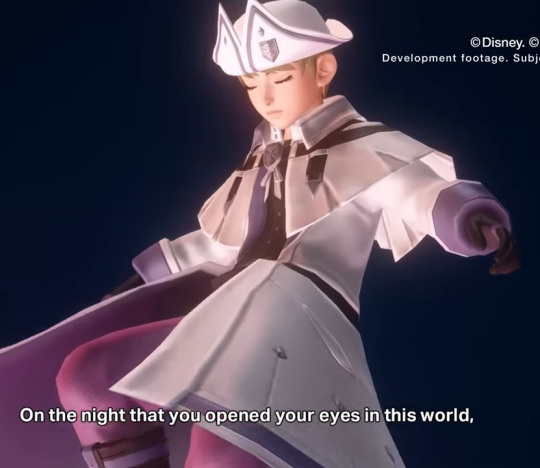#as for how the player is a full grown kid again? sheer force of the heart is my guess. there's work to be done still
Explore tagged Tumblr posts
Text


Im connecting dots here. Ik is probably very obvious but Chirithy, a dream eater, ushering you into the next life in KHUX and then arriving to the station of awakening in the Drop pose is so fucking clever.
#kingdom hearts#KHML SPOILERS#kingdom hearts spoilers#kingdom hearts missing link#KHML#missing link#KH Spoilers#bee speaks#ok not to dip my hands too far into theory territory. BUT.#chirithy said that the realms of sleep and death overlap and cant help the occasional crossing. so im thinking#in giving the player the choice of reincarnation and ushering them forward they are tapping into that connection somehow#and passing them from their death into sleep. into new life again#as for how the player is a full grown kid again? sheer force of the heart is my guess. there's work to be done still
207 notes
·
View notes